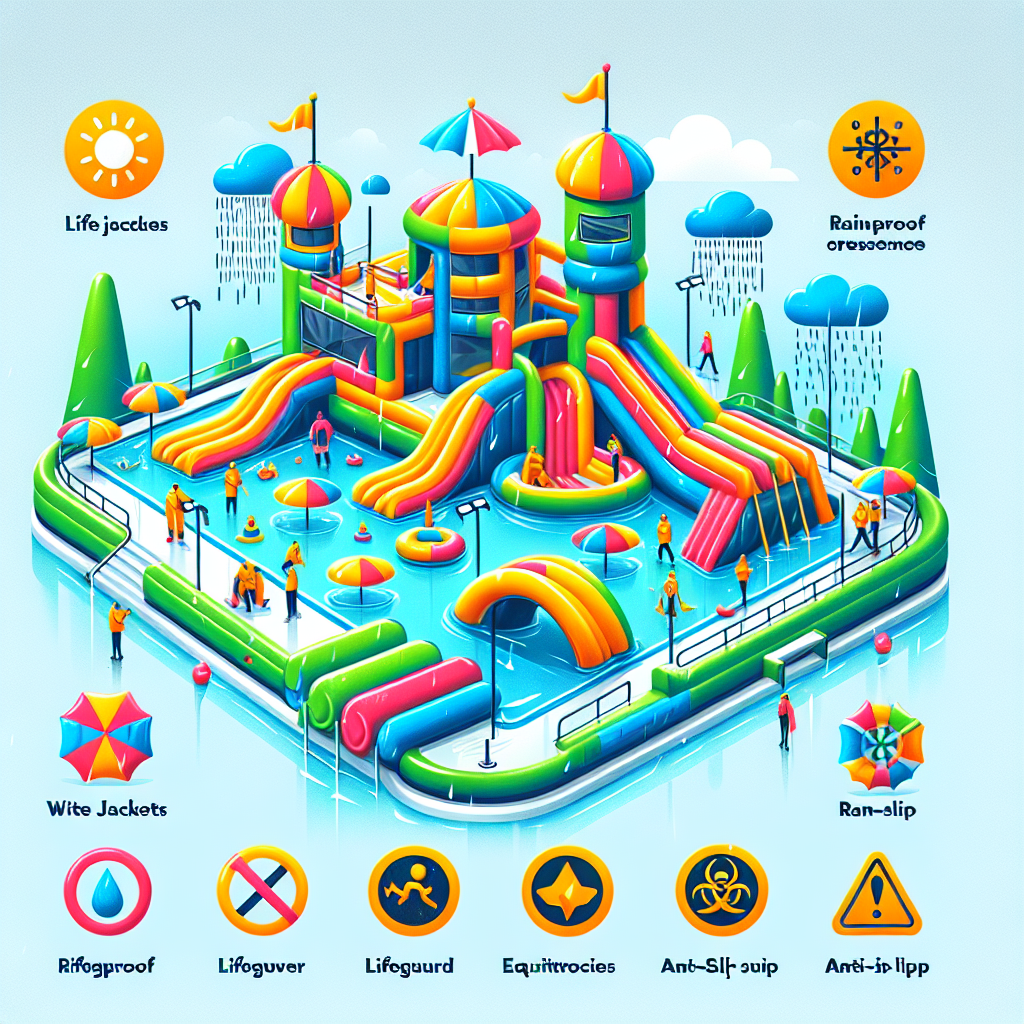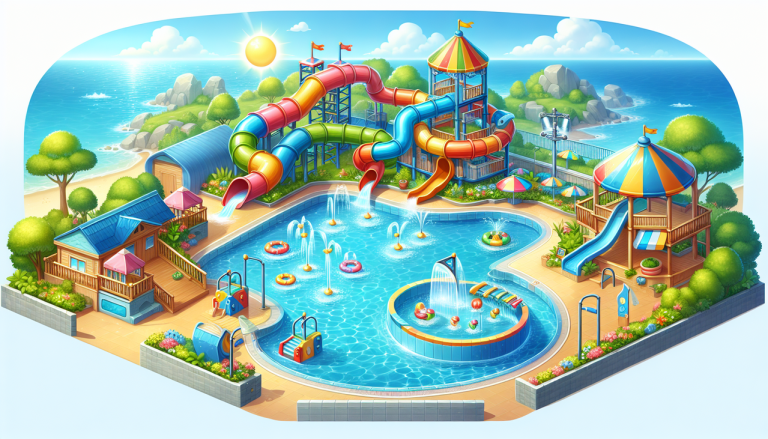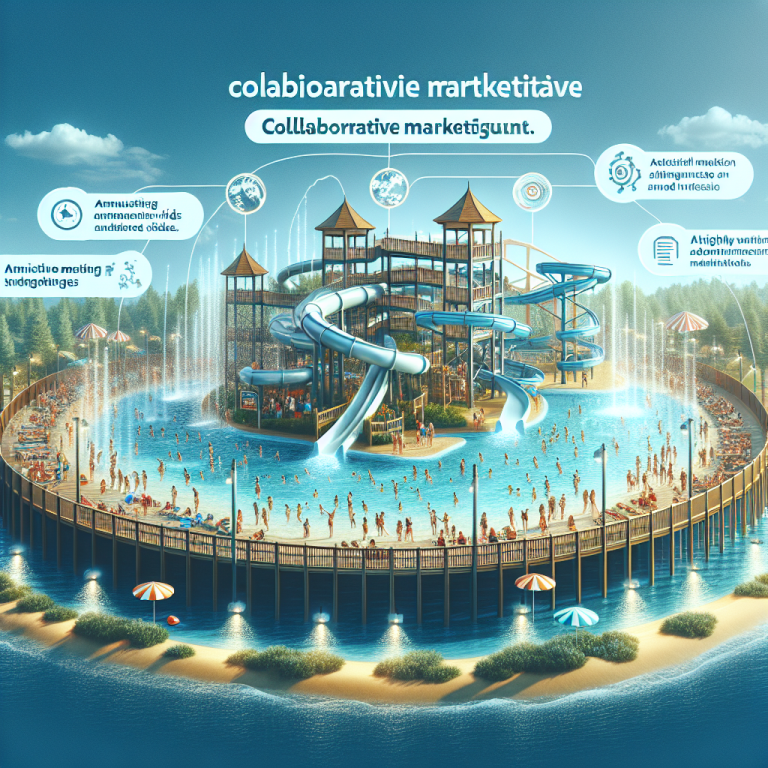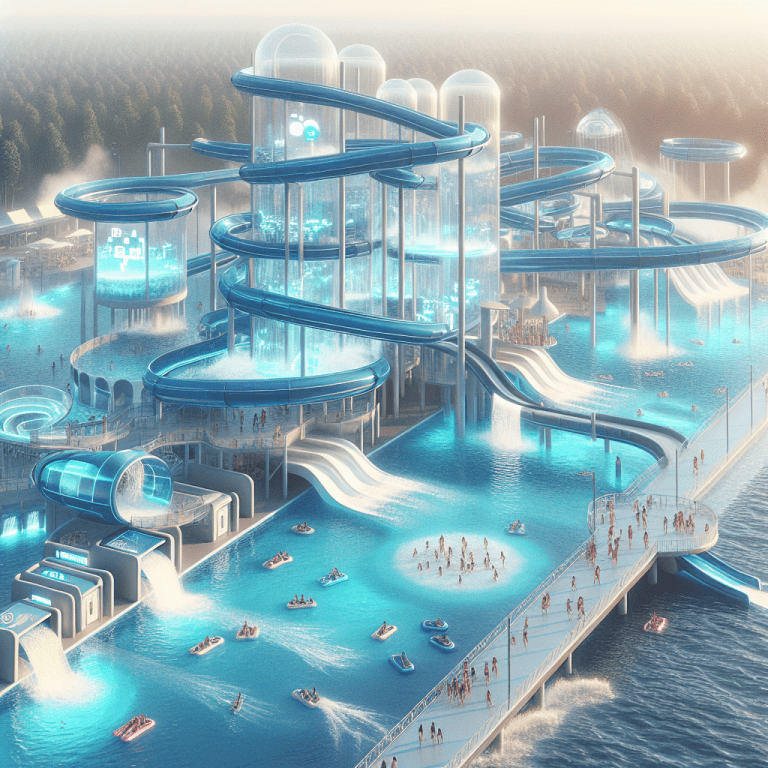Managing Rainy Days in Inflatable Water Park Operations
Audio:
Text:
Looking for a fun place to beat the summer heat? Forget the usual playgrounds and children’s parks – head to the **water park** instead. With changing times, water parks have evolved into destinations for adults, children, and families alike. These parks offer a diverse range of attractions and activities, making them a popular choice for summer entertainment. But how do you handle rainy weather and other operational challenges when it comes to managing inflatable aqua park projects?
Ensuring Electrical Safety in the Water Park
Effective **water park operations** rely heavily on electrical equipment. In the event of heavy rain, the first step for investors is to evacuate visitors and disconnect the power supply. It’s crucial to gather electric equipment like fans, distribution boxes, sand tanks, and pumps to prevent water damage and potential short circuits. These items should be stored in a dry area to avoid any electrical hazards.
Proper Drainage Preparation for the Inflatable Aqua Park
During heavy rainfall, water accumulation can pose a significant risk to the park’s infrastructure. Investors should prioritize drainage systems during the park’s construction to prevent waterlogging. This proactive approach will ensure smoother operations during adverse weather conditions.
Inspecting the Park Environment Post-Rainfall
After a heavy downpour, it’s essential to assess the park’s surroundings for any damage or hazards. Uneven ground surfaces and fallen trees or railings must be promptly addressed to maintain a safe environment for visitors. Regular inspections and maintenance routines are key to upholding safety standards.
Maintaining Water Park Equipment Hygiene
Following rainy days, outdoor water park equipment may require thorough cleaning due to exposure to mud and moisture. Investors should meticulously inspect and sanitise each piece of equipment to ensure a hygienic and enjoyable experience for guests.
Water Quality Management for Optimal Guest Experience
Heavy rainfall can lead to elevated water levels and decreased water quality in pools. To address this, investors must promptly drain and treat the pool water to maintain cleanliness and safety standards. By prioritising water quality management, operators can enhance visitor satisfaction and equipment longevity.
By adhering to these operational guidelines, water park investors can mitigate risks, enhance visitor experiences, and prolong the lifespan of their equipment. This proactive approach not only ensures safety but also reduces operational losses for mobile water park businesses.
The inflatable water park utilises PVC mesh cloth with a soft and child-friendly design, offering a safe and enjoyable experience for young visitors. Whether it’s a simple water park or a competitive obstacle course, these attractions provide a unique blend of fun and excitement for all ages.





